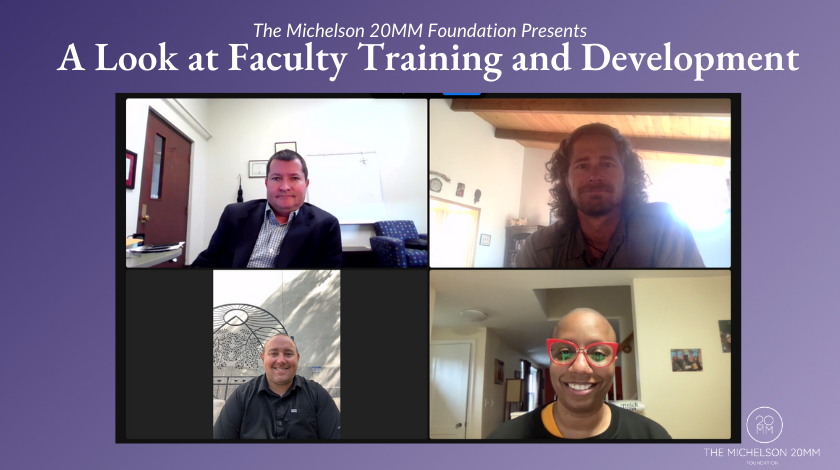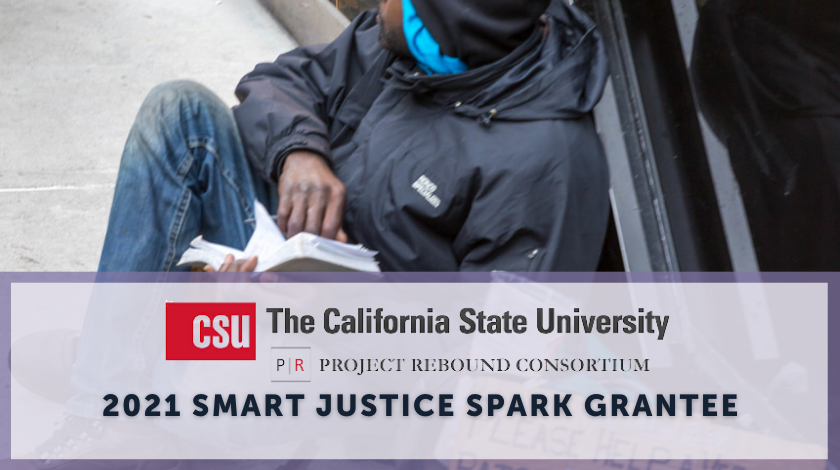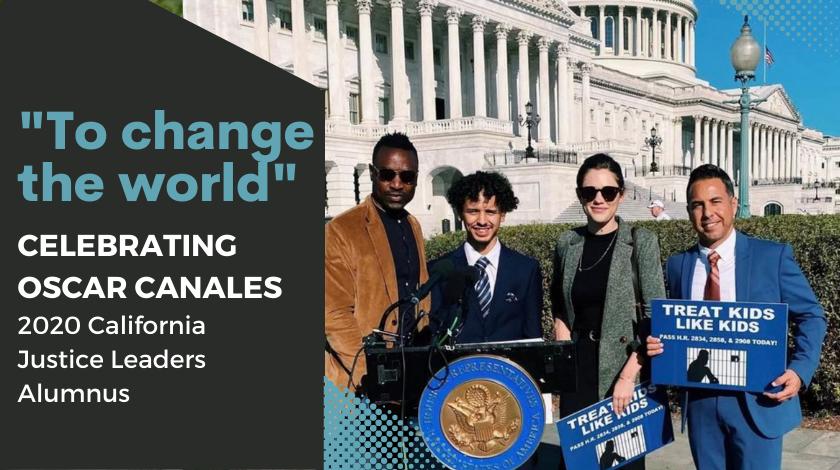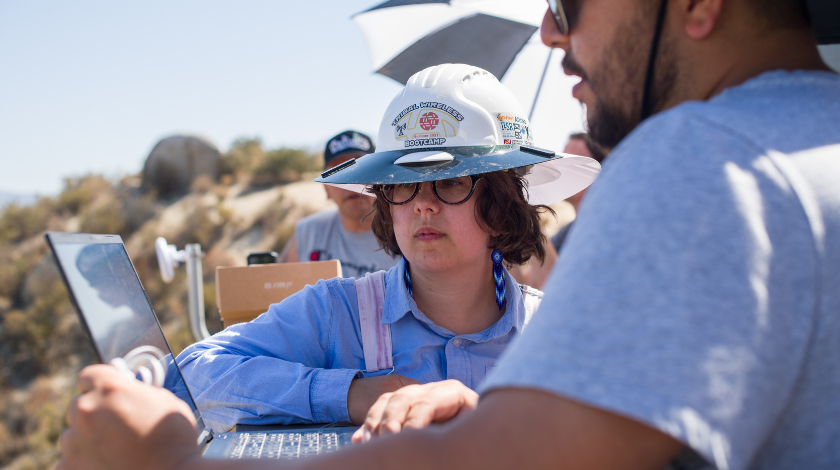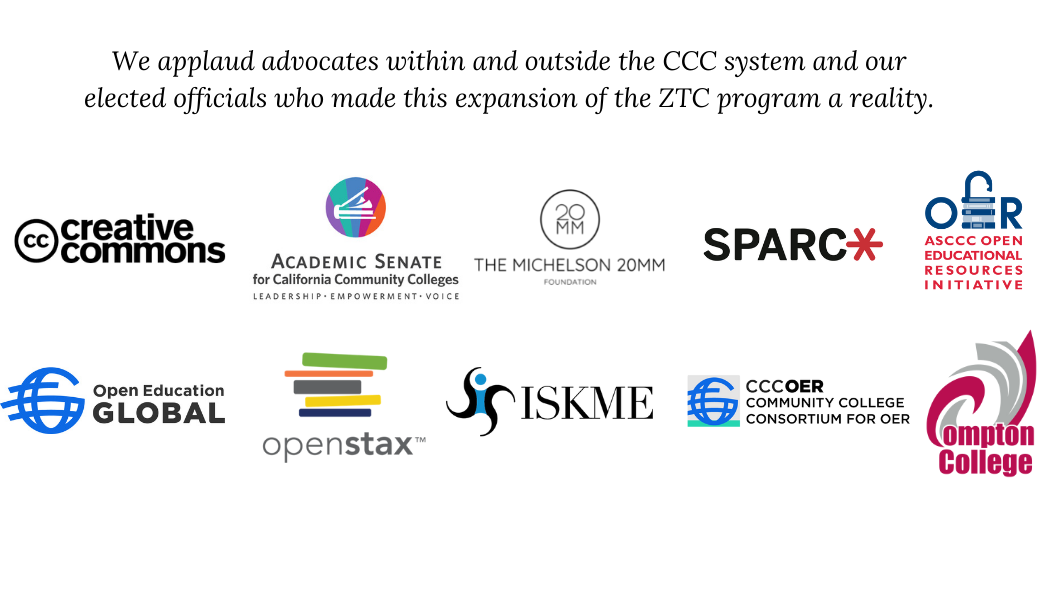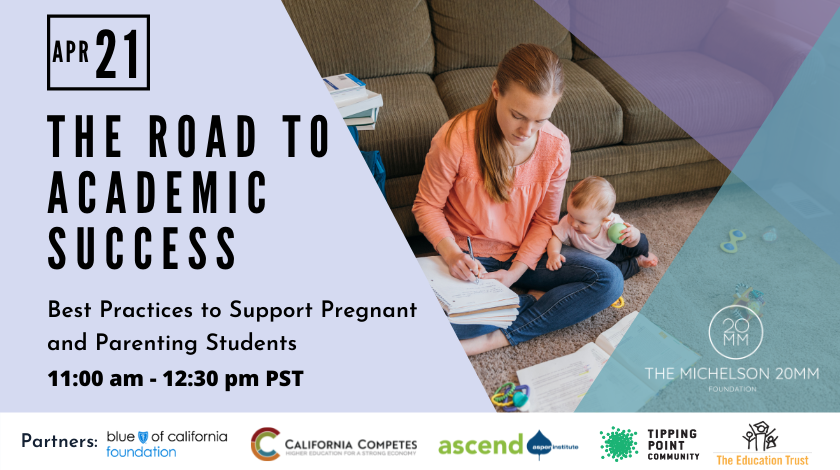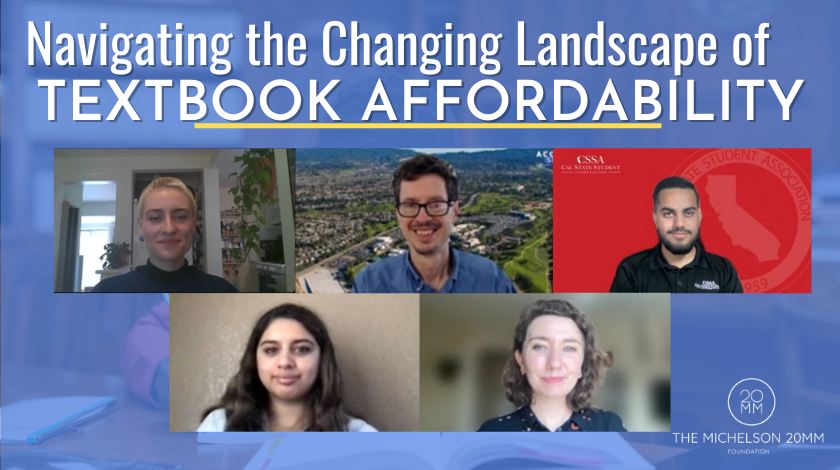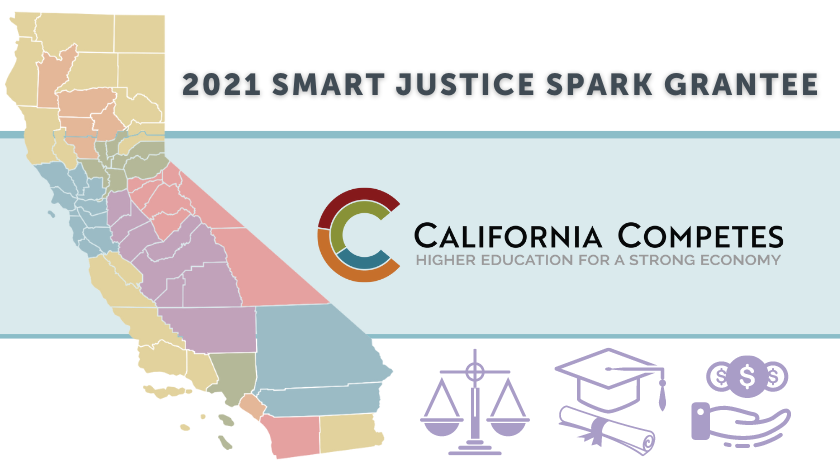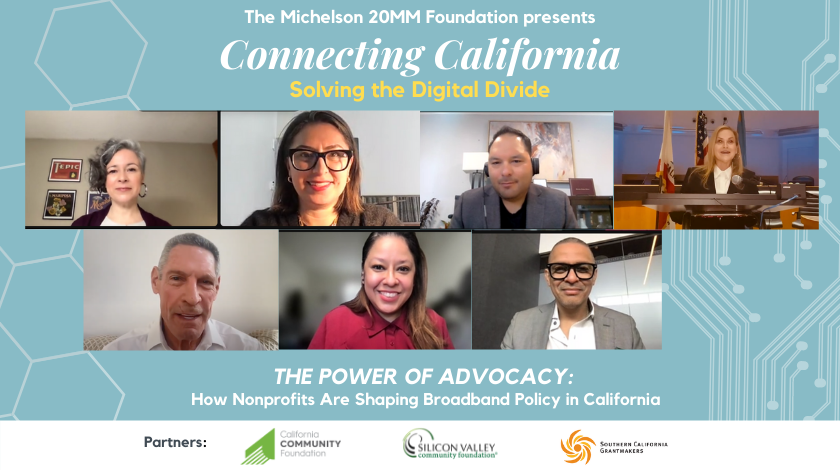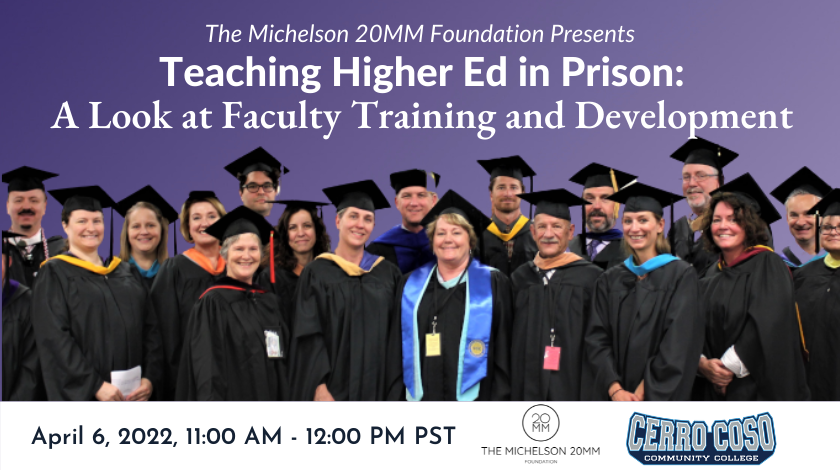As the Department of Education reinstates Pell Grant eligibility for incarcerated students in July of 2023, the amount of students who will now qualify for federal funding will increase and so will the need for more faculty.
Continue readingCOVID-19 Increased Housing Insecurity Among Formerly Incarcerated Students–Project Rebound’s Toolkit Can Help
Within the CSU system, Project Rebound students are particularly vulnerable to housing insecurity. To support students and the increased demand for affordable housing, Project Rebound will expand its student-centered housing support model via a Michelson Spark Grant.
Continue readingCalifornia Justice Leaders Alumnus Changing the World by Supporting Justice-Involved Young Adults in His Community
We are proud to celebrate Oscar Canales, a 2020 Impact Justice California Justice Leaders alumnus. Oscar, who has been directly impacted by the justice system, currently serves as a Community Health Worker for the Anti-Recidivism Coalition.
Continue readingBroadband of the People, by the People, and for the People
By Miguel Leon
This week, at a ranch in Temecula, California, tribal leaders from throughout the state will meet to discuss how to establish and maintain their own broadband networks with the ultimate goal of connecting their communities to the internet. Through a grant from the Michelson 20MM Foundation, and in partnership with other funders, the Institute For Local Self-Reliance (ILSR) will host the second installment of a series of convenings aimed at providing tribal leaders with the knowledge and tools they need to provide their communities with access to broadband. As a result, the tribal nations will be able to participate in the health, economic, educational, workforce, and civic engagement opportunities that a broadband connection affords.
Digital Indifference
For far too long, tribal communities have experienced what Dr. Traci Morris from the American Indian Policy Institute at Arizona State University has described as digital indifference. Only 67% of tribal lands in the lower 48 states have broadband access, compared to 98% of urban Americans. The COVID-19 pandemic worsened this reality as many tribal members, who typically received their internet from anchor institutions like local libraries, were unable to access these locations due to closures. Consequently, many students on tribal lands have been unable to participate in online learning due to poor or no internet connection, which caused many to drop out altogether.
A Community Centered and Driven Solution
The Tribal Broadband Bootcamp is incredibly important because it supports tribal leaders as they take matters into their own hands to help their residents. For four days, tribal leaders will learn how to crimp wire, test cables, plan out a small network, mount gear, troubleshoot problems, conduct range testing, and confirm coverage. Leaders will learn how the internet works, the history of broadband in Indian Country, and how to access current federal funding opportunities to support their efforts. Equally important, participants will build a community—a human network through which knowledge, wisdom, and support will flow so that their dependence on private industry decreases or, better yet, is entirely eliminated.
On a recent call for the California Broadband Council, a member of the public commented that renting industry owned infrastructure was a good cost saving measure that the state should implement to connect Californians to the internet. Unfortunately, if California rents fiber from private industry, we will be in the same place 20 years from now–a state with no infrastructure to call its own, at the mercy of private industry that routinely prioritizes profit over people. The tribal broadband bootcamp and its goals stand in defiance of this dependency by giving tribal leaders the knowledge, tools, and means necessary to build their own infrastructure, establish their own networks, maintain them, and connect their people without having to pay a major internet service provider for what should be a public utility. It’s one of the quickest paths toward digital sovereignty for tribal communities and simultaneously puts a public good where it belongs: in the hands of the people, those who need it most.
If you’d like to learn more about the Michelson 20MM Foundation’s digital equity initiative visit our website. Recordings of our digital equity virtual learning series Connecting California: Solving the Digital Divide are available on our YouTube channel.
Michelson 20MM is a private, nonprofit foundation seeking to accelerate progress towards a more just world through grantmaking, operating programs, and impact investing. Co-chaired and funded by Alya and Gary Michelson, Michelson 20MM is part of the Michelson Philanthropies network of foundations.
To sign up for our newsletter, click here.
An Open Letter to the California Community Colleges Board of Governors
Ahead of the March 21st California Community Colleges Board of Governors meeting, the Michelson 20 Million Minds Foundation outlined our vision for a successful implementation of the Zero Textbook Cost degrees included in the most recent state budget.
Continue readingThe Road to Academic Success: Best Practices to Support Pregnant and Parenting Students
Schools throughout the state are pivoting to support pregnant and parenting students by improving data collection, offering family friendly study spaces, and providing diaper banks. Join the Michelson 20MM Foundation on April 21st as we uplift the promising practices that have emerged throughout California in support of this often overlooked student population.
Continue readingCelebrating Open Education Week: California Has Been a Leader, Yet More Work Remains
From the recent historic investment in Zero Textbook Cost degrees to individual campus’ achievements, over the past year California has a lot to celebrate when it comes to strides in open education—yet a lot of work remains to be done. “Navigating the Changing Landscape of Textbook Affordability” leaned into the spirit of celebrating the wins and buckling down for the work with a panel of student leadership and issue area experts sharing their experiences and perspective.
Continue readingCalifornia Competes Develops Dashboard to Identify Systems-Impacted Inequities
Over the coming year, via support from a Michelson Spark Grant, California Competes incorporate data related to incarceration in their already powerful dashboard to provide actionable insights for allies to better aid justice-impacted individuals and their communities.
Continue readingNon-profit Heroes Battle Industry Goliaths in the Fight for Digital Equity
In response to the pandemic, trusted non-profit leaders and advocates sprang into action, learned about digital inequity, organized their communities, and are now at the forefront of impacting broadband policy in our state.
Continue readingTeaching Higher Ed in Prison: A Look at Faculty Training and Development
Join the Michelson 20MM Foundation on April 6th to discuss what training is effective for faculty and institutions who are gearing up for federal Pell Grant restoration. A panel of subject matter experts and champions of higher education in prison will discuss their shared vision for the future of faculty teaching in prison.
Continue reading